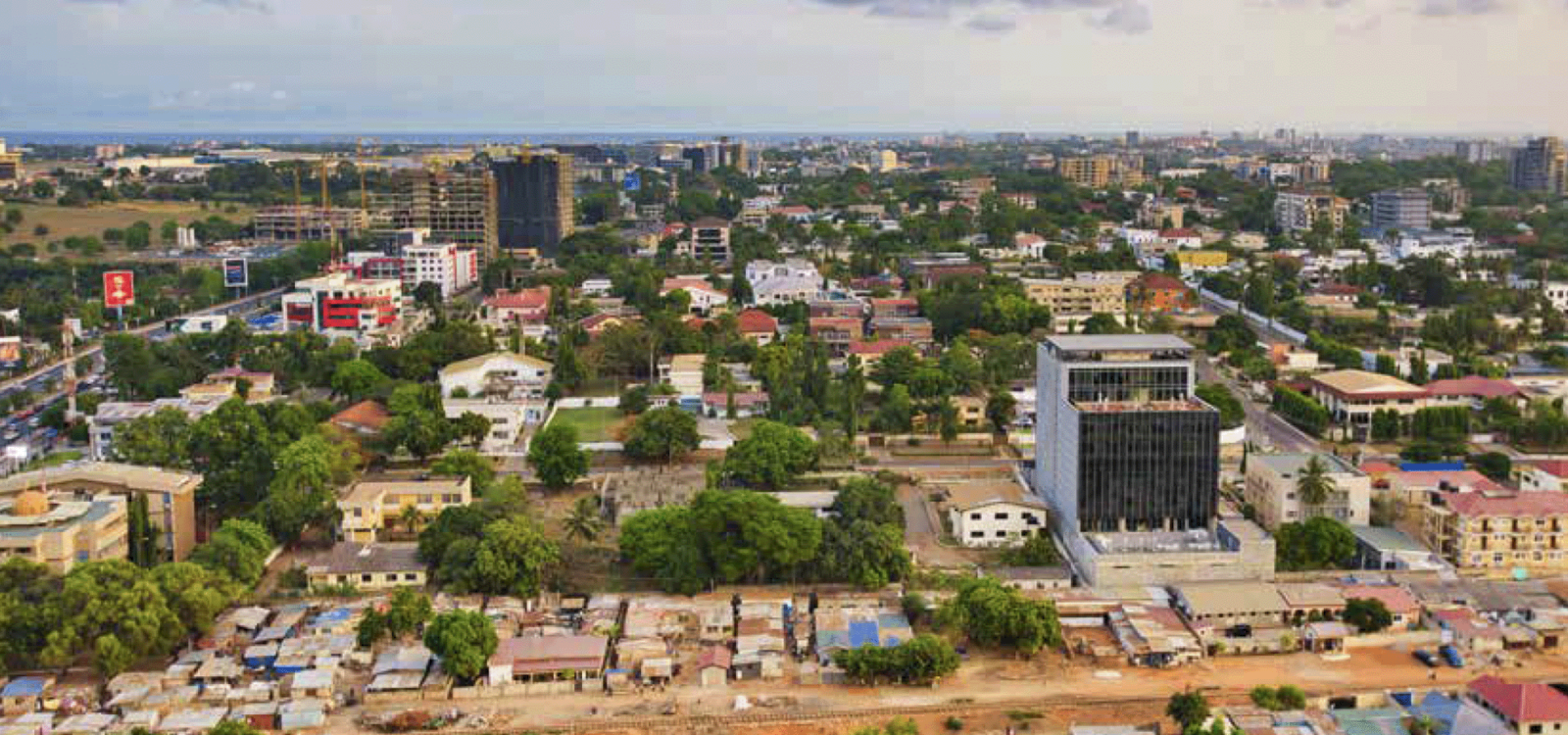Ghana is well placed to play a leading role in the development of regional and continental trade policy and create greater economic openness across Africa.
The Legatum Institute’s mission is to create the pathways from poverty to prosperity, and our work is focused on understanding how prosperity is created. To that end, with the generous support of the Templeton World Charitable Foundation, we have published a Global Index of Economic Openness to rank countries’ ability to interact with, and benefit from, both domestic and international commerce.
Click here to download the report
This is one of multiple in-depth country reports, which analyse performance on the key characteristics of openness to trade, investment, ideas, competition, and talent.

Ghana has a promising future. Since transitioning to its new democratic constitution in 1992, it has become one of the most stable and well regarded countries in sub-Saharan Africa, having developed a robust set of democratic institutions. Since that time, its per capita income has tripled.
However, the challenge for Ghana is not just growing its economy, but continuing to grow at its full potential. Despite economic openness improving, the country has not improved at the rate of its peers, meaning it has actually fallen down the rankings since 2009.
Reforms to address this challenge are not straightforward or politically easy. Nonetheless, there is cause for optimism. The Ghanaian Government in recent years has implemented reforms in areas such as insolvency and banking, while also showing commitment to growing regional trade. The country’s hosting of the African Continental Free Trade Area Secretariat could allow it to influence the opening up of markets across the continent.
The President recently announced his vision of ‘Ghana beyond aid’, showing an intent to move towards a more open economy. We believe that with the right reforms and requisite political will, Ghana can reach its target of moving beyond aid to compete successfully on its own terms in the world economy.

Executive Summary
This report explores the extent to which Ghana has four fundamental characteristics of open economies, and where the opportunities lie for further development.
It reveals that Ghana’s overall rank in the Global Index of Economic Openness is 91st. Its strongest performance is in Governance (55th), and weakest in Market Access and Infrastructure (115th).
- Ghana’s Market Access and Infrastructure (115th) is improving, but at a slower rate than its peers. While Transport and Import Tariff Barriers have both deteriorated over the past decade, there have been improvements in Communications, Resources, and Border Administration.
- Ghana’s Investment Environment (106th) has deteriorated over the last 10 years, although it has seen improvements in Property Rights and the Financing Ecosystem.
- Ghana has improved its Enterprise Conditions (69th) since 2009 but not changed its global rank. Its Environment for Business Creation is relatively strong, ranking 53rd in the world, and both Burden of Regulation and Labour Market Flexibility have improved.
- Governance (55th) is Ghana’s highest-ranking pillar, putting it among the leaders in Africa and reflecting the strong democratic traditions built up under the 1992 constitution. However, it has seen a decline in Government Integrity and Government Effectiveness over the last decade.



